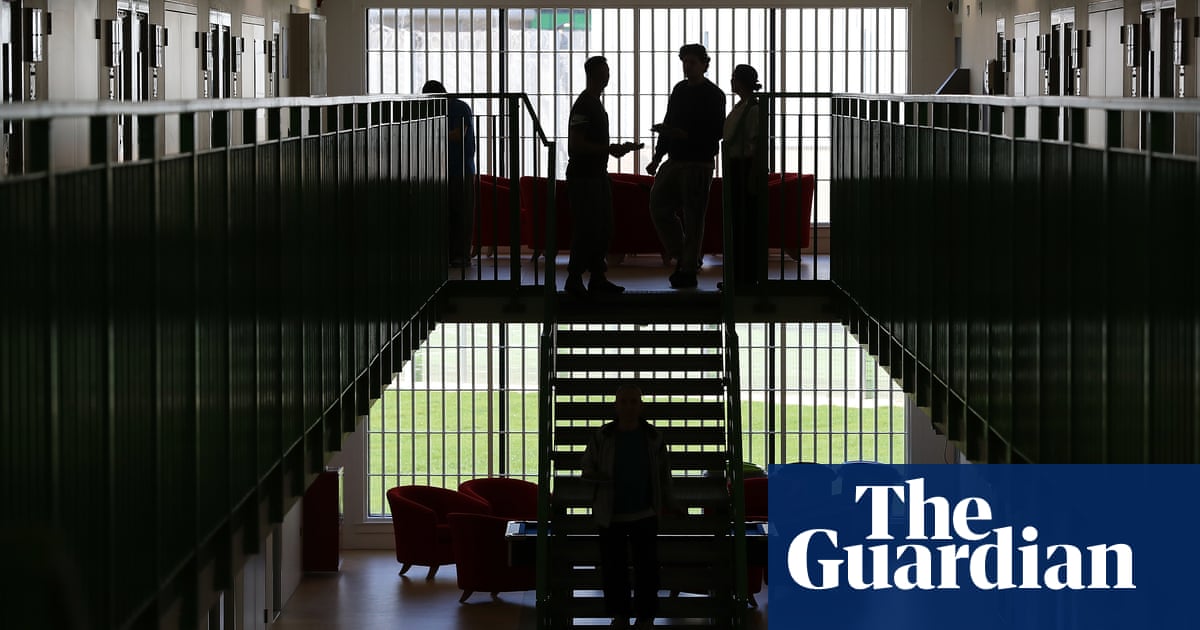
Senior public health officials have made a last-minute plea for ministers to scrap Monday’s easing of the coronavirus lockdown in England, warning the country is unprepared to deal with any surge in infection and that public resolve to take steps to limit transmisson has been eroded.
The Association of Directors of Public Health (ADPH) said new rules, including allowing groups of up to six people to meet outdoors and in private gardens, were “not supported by the science” and that pictures of crowded beaches and beauty spots over the weekend showed “the public is not keeping to social distancing as it was”.
On Saturday and Sunday, parks and seafronts were packed as people anticipated the lifting of restrictions on what has been dubbed “happy Monday”. Car showrooms and outdoor markets will also be reopened, millions of children will return to primary schools and the most vulnerable “shielded” people will be allowed out for the first time since lockdown began in March, all as long as physical distancing is maintained.
But Jeanelle de Gruchy, president of the ADPH, said her colleagues across England were “increasingly concerned that the government is misjudging the balance of risk between more social interaction and the risk of a resurgence of the virus, and is easing too many restrictions too quickly”.
They have called on ministers to postpone the easing of restrictions until more is known about the infection rate, the test-and-trace system is better established and public resolve to maintain physical distancing and hygiene can be reinforced.
“We have not spoken out in this way before,” De Gruchy said, “but we are concerned that if there is a spike it will be in our communities. We need to be confident we can get on top of it, and we are not confident yet.”
The beach at the Durdle Door beauty spot in Dorset remained closed on Sunday after people crowded there on Saturday and air ambulances were forced to land on the sand after three people were injured while jumping off the rocks. Wildfires also broke out across the north of England as firefighters blamed the easing of lockdown for the number of people having illegal barbecues on the moors. In Derbyshire, police towed cars blocking lanes near a notoriously toxic lake which they dyed black in order to deter swimmers earlier in the lockdown. Hoffman Quarry and the surrounding area was “like Skegness in peak summer”, said the local police.
Speaking at the daily Downing Street press conference Robert Jenrick, the communities secretary, admitted that “room for manoeuvre [in lifting the lockdown] is quite limited”.
He said the government was “reasonably confident” the lifting of restrictions was manageable. Earlier, the foreign secretary, Dominic Raab, described it as “a delicate and dangerous moment”. He said if infections surged, the government could impose geographically targeted measures such as locking down specific cities.
Dr Jenny Harries, the deputy chief medical officer for England, also stressed the rate of the rise in the death toll, which climbed by 113 to 38,489 on Sunday was only falling “very gently”.
She said the public “really, really need to stick to the message” and said: “As we move forward with the easing of our lockdown restrictions we encourage people to maintain all focus on maintaining social distancing.”
The public health directors, who work for local authorities, said they had realised in recent days that the government’s test-and-trace system was not yet robust enough to quash any resurgence in the virus and warned that the R infection number – estimated at between 0.7 and 0.9 – was too close to 1, above which the infection is growing.
They also said that the lockdown must remain in place until “relentless efforts are made to regain and rebuild public confidence and trust following recent events”, an apparent reference to the Dominic Cummings affair.
In Scotland, which is exiting lockdown more slowly, the first minister, Nicola Sturgeon, warned of a significant risk coronavirus could “run out of control again”. Prof Devi Sridhar of Edinburgh University, a member of the Scottish government’s Covid-19 advisory group, said she feared a rise in coronavirus numbers in England was inevitable.
“The only thing that might save England is the good weather, and the warmth if this virus does indeed die outside quite quickly,” she said. “But it is incredibly worrying, because the numbers are not low enough to have a testing and tracing system take over.”
Nurses also called for caution. Dame Donna Kinnair, the chief executive and general secretary of the Royal College of Nursing, said staff were “anxious that easing lockdown could undo the progress we’ve made as a country in combatting this virus”.
“People must continue to act sensibly and think of the nurses they’ve applauded before they do anything that could jeopardise their health and the health of others,” she said.
Sally Bloomfield, an honorary professor at the London School of Hygiene and Tropical Medicine, also warned “our desire to socialise means that the critical nature of our situation is being forgotten”.
“Why introduce all of these measures at the same time – which means that if the situation deteriorates it will be impossible to know which measures need to be reimposed, and we will just have to go back to lockdown?” she said. “This does not look like gently lifting the lid. In reality, the option to meet with non-household members in private gardens is only a small extension of meeting in public parks, but my fear is that it is not being seen this way.”












